As COP 29 unfolds in Baku, Azerbaijan, nations are gathering with a shared goal of addressing pressing climate issues. Nigeria, an African nation highly vulnerable to climate change, has emphasised the need for substantial increases in global adaptation funding.
The Nigerian delegation urged all parties to uphold the Paris Climate Agreement and shift promises into action, aiming for a strengthened global commitment to climate finance.
Join our WhatsApp Channel“We cannot remain where we are and make pledges alone. We need to put our money where our mouth is,” said Nkiruka Madueke, Director-General of Nigeria’s National Council on Climate Change, during a statement at the COP 29 summit.
Nigeria’s Climate Challenges and the Call for Adaptation Funding
At COP 29, Nigeria highlighted its ongoing climate challenges, from destructive floods to droughts. These issues contribute to annual displacement, loss of livelihood, and economic instability. According to Madueke, climate adaptation funding is essential for communities dealing with “droughts, environmental degradation, and a lack of water and sanitation.”
Speaking to delegates, Madueke explained, “Adaptation is crucial, especially for communities already sensitive to even minor environmental changes, which only amplify their vulnerability to climate change.”
Financial Needs for Resilience
Nigeria views COP 29 as an opportunity to address the disparity between climate finance promises and tangible action, especially regarding adaptation. Although COP 28 saw advancements with the Loss and Damage Fund, the commitment to providing $100 billion annually for climate finance has yet to be met.
READ ALSO: Inflation Pushes 129 Million Nigerians Into Poverty, Says World Bank
For Nigeria, adaptation funds mean resilience. “Building resilience is the foundation,” said Madueke. “When climate impacts hit, resilience is the ability to recover quickly without being taken back to zero.” She cited the example of recent flooding in Maiduguri, which displaced families and damaged local infrastructure.
Madueke added, “Without these funds, people lose homes, jobs, and even access to clean water.”
A New Financial Goal in COP 29: The NCQG
During the discussions, Nigeria backed the New Collective Quantified Goal (NCQG), a new initiative that aims to surpass the initial $100 billion goal. Yet, there is growing skepticism regarding the sufficiency and speed of fund distribution. The NCQG seeks to provide adequate resources to address climate adaptation needs worldwide, including Africa.
“We’re here to leave COP 29 with real financial commitments,” said Madueke, expressing Nigeria’s alignment with Africa’s collective stance. “If Africa is asking for this funding, we stand with them.”
The COP 29 plenary addressed similar concerns. Simon Stiell, Executive Secretary of UN Climate Change, emphasized the global need for a new climate finance target. “If two-thirds of the world’s nations can’t cut emissions, every nation faces severe consequences,” he said.
Climate Finance as a Global Responsibility
Stiell urged nations to consider climate finance not as charity but as a shared responsibility. “An ambitious new climate finance goal is in every nation’s self-interest, including the wealthiest,” he noted.
He warned that a lack of resilience could impact the global economy, from disrupted supply chains to financial instability.
Nigeria’s Vision for COP 29
Nigeria entered COP 29 with a sense of urgency, seeing the conference as a critical moment to address the worsening climate situation back home. Amid the growing threats of flooding, drought, and rising sea levels, Nigeria’s position is clear: the world must advance beyond promises to practical action.
The Nigerian government views the Paris Agreement as a roadmap to climate adaptation, and COP 29 provides an opportunity to reinforce that commitment. “We want the new climate finance goal to be concrete and timely,” said Madueke.
Nigeria’s call for adaptation funding at COP 29 reflects its reality in facing climate challenges. With worsening climate conditions, the nation’s participation in COP 29 highlights an appeal for collective responsibility in climate finance. “We’re here for adaptation and resilience,” said Madueke, “and we hope COP 29 will deliver a path to a safer climate future for all.”
Emmanuel Ochayi is a journalist. He is a graduate of the University of Lagos, School of first choice and the nations pride. Emmanuel is keen on exploring writing angles in different areas, including Business, climate change, politics, Education, and others.
- Emmanuel Ochayihttps://www.primebusiness.africa/author/ochayi/
- Emmanuel Ochayihttps://www.primebusiness.africa/author/ochayi/
- Emmanuel Ochayihttps://www.primebusiness.africa/author/ochayi/
- Emmanuel Ochayihttps://www.primebusiness.africa/author/ochayi/

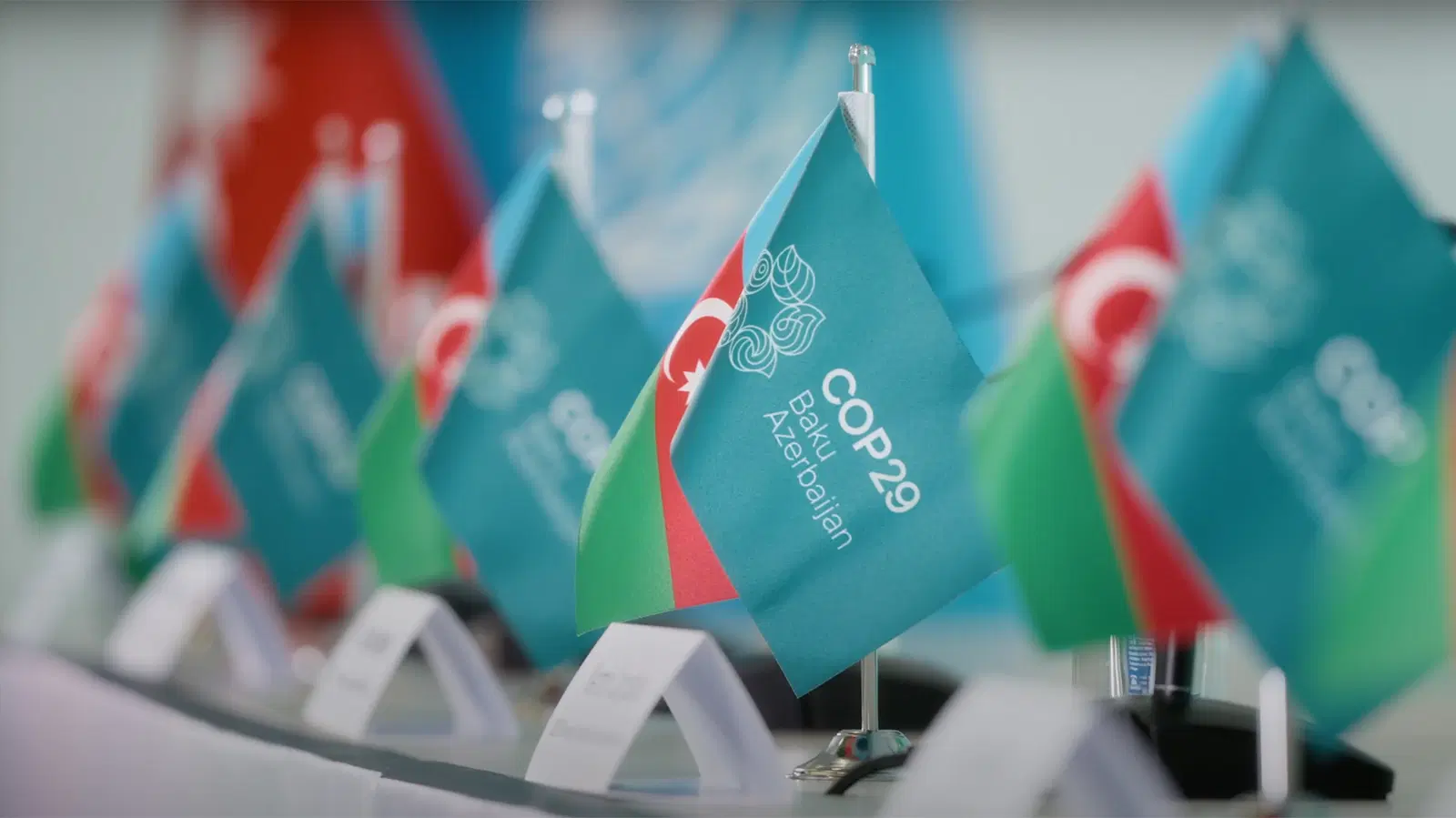



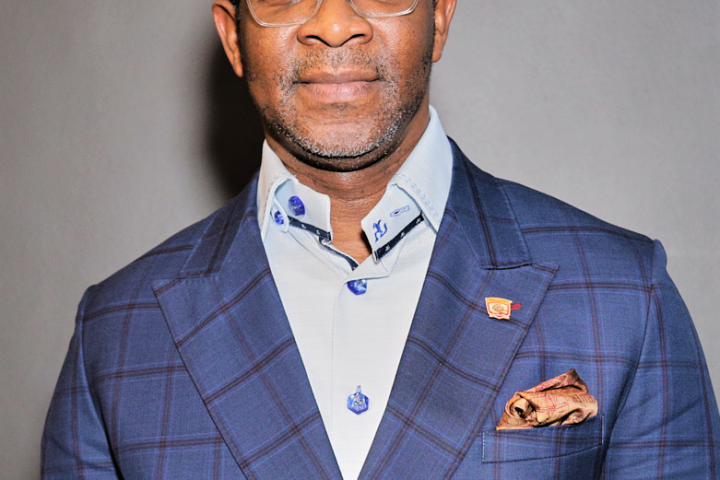
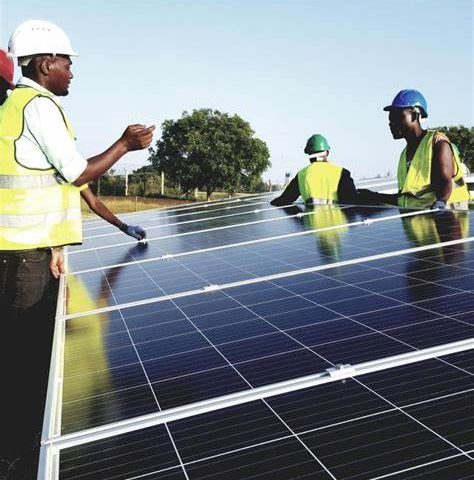
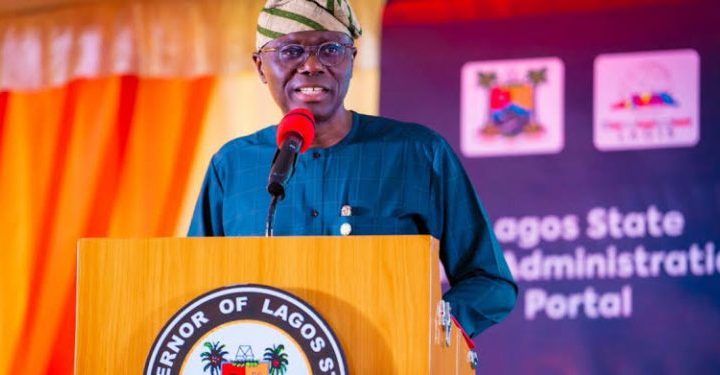








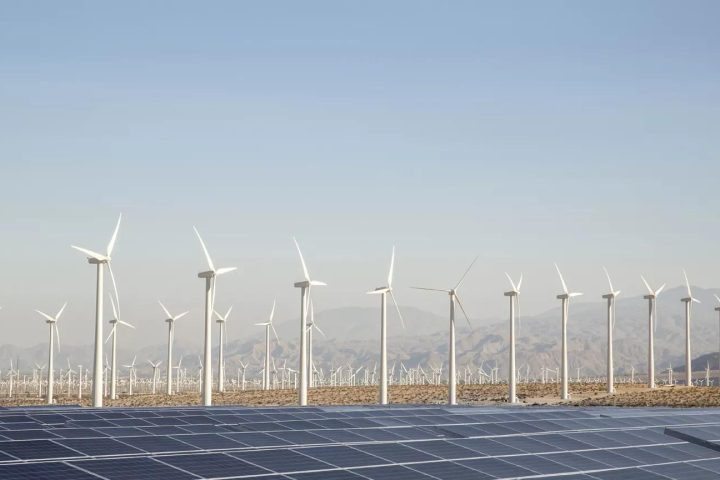
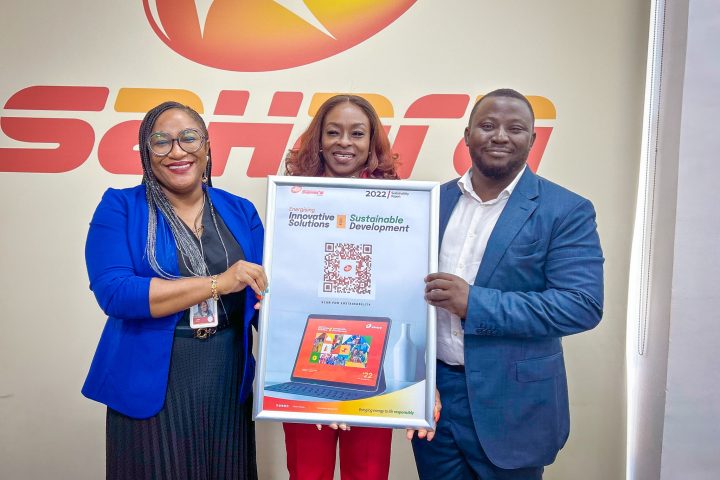

Follow Us